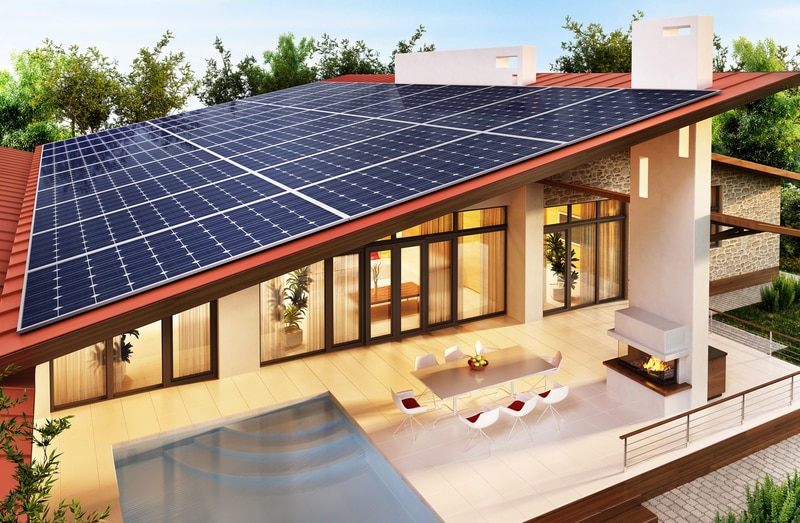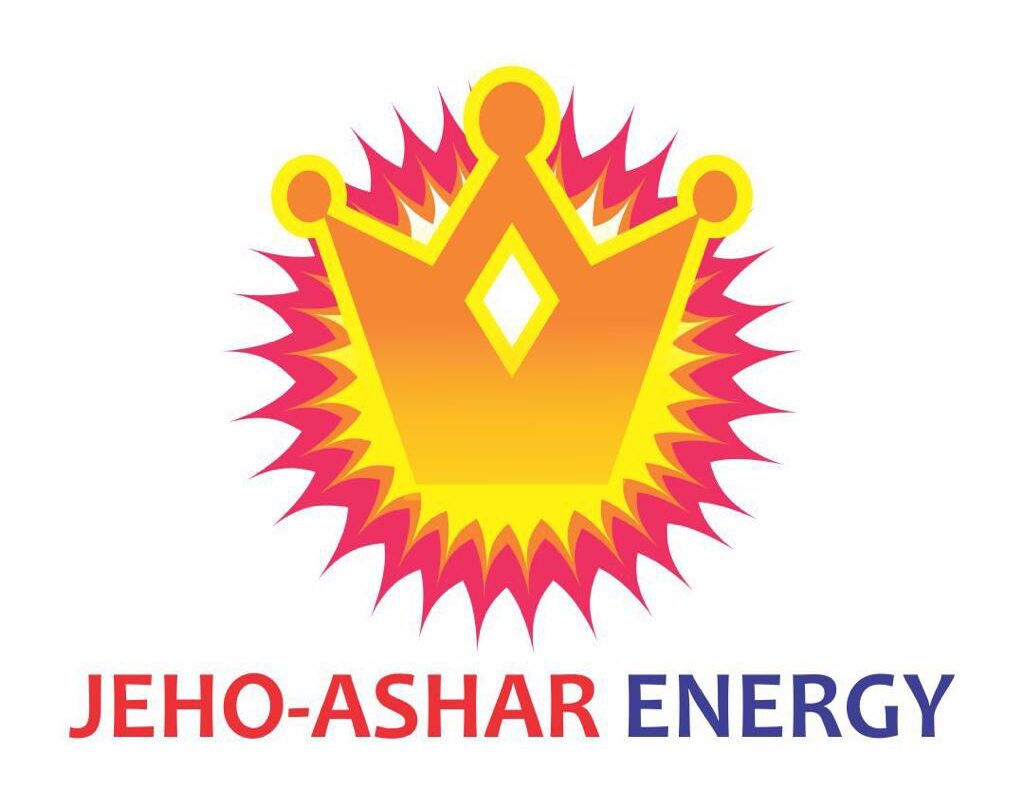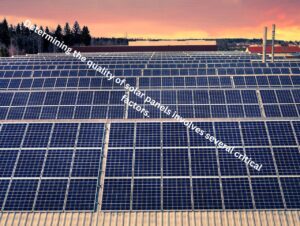
Solar Power for Businesses and Homes in Nigeria
Introduction
Nigeria has one of the biggest energy challenges in Africa. Power supply is unstable, and fuel generators are expensive to maintain. As a result, many homes and businesses are now moving toward solar power.
Solar energy offers a clean, reliable, and long-term solution. For instance, it helps small shops reduce generator costs and allows large companies to cut electricity bills. Furthermore, families can enjoy 24/7 electricity without depending on the national grid.
In this post, we will explore the benefits of solar power, how it works, why it is important for Nigeria, and how both businesses and households can benefit.
Why Solar Power Matters in Nigeria
There are several reasons why solar energy is becoming more important:
- Frequent blackouts: The national grid is weak and unstable.
- High fuel costs: Diesel and petrol prices keep rising.
- Noise and pollution: Generators create noise and smoke.
- Energy security: Solar gives freedom from unreliable power sources.
In short, solar power is not just about saving money. It is about gaining control and living better.
How Solar Power Works
The process of solar energy generation is simple.
- Solar panels capture sunlight.
- Inverters convert solar power into usable electricity.
- Batteries store excess energy.
- The system powers homes or businesses.
Above all, solar power works even during cloudy days. In addition, with enough battery storage, you can enjoy electricity day and night.
Solar Power for Homes in Nigeria
Benefits for Families
- Reliable power: No more depending only on PHCN or generators.
- Lower costs: Monthly electricity bills drop.
- Comfort: Fans, lights, and appliances work without interruption.
- Safety: Solar is silent and safe, unlike noisy generators.
For example, a two-bedroom flat with solar panels and an inverter can enjoy constant electricity without fuel stress.
Common Home Systems
- Small systems (1–2 kW): Good for lights, TVs, fans, and small appliances.
- Medium systems (3–5 kW): Suitable for larger homes with fridges, freezers, and multiple gadgets.
- Large systems (6 kW+): Designed for big homes with air conditioners and higher power needs.
Therefore, families can choose based on their budget and energy needs.
Solar Power for Businesses in Nigeria
Benefits for Businesses
- Reduced costs: Save money on diesel and petrol.
- More profit: Less spending on fuel means more business growth.
- 24/7 operation: Shops, offices, and factories can run without interruption.
- Customer trust: Reliable power keeps businesses open longer.
For instance, a barbing salon can use solar to run clippers, lights, and fans all day. In addition, big supermarkets can use larger solar systems to power freezers and lighting.
Common Business Systems
- Small shops (2–5 kW): Suitable for barbers, tailors, and small offices.
- Medium businesses (5–15 kW): Works for schools, restaurants, and hotels.
- Large businesses (20 kW+): Good for factories, large offices, and commercial centers.
Consequently, solar energy allows businesses to stay ahead of competitors who depend only on fuel generators.
Challenges of Solar Power in Nigeria
While solar power is great, there are some challenges:
- High initial cost: The starting investment is not cheap.
- Fake products: Poor-quality panels and batteries reduce performance.
- Lack of knowledge: Some people do not know how to maintain solar systems.
- Limited financing: Many banks do not yet offer easy loans for solar.
On the other hand, the long-term savings outweigh these issues. Above all, with proper planning, solar becomes cheaper than generators.
How to Choose the Right Solar System
When planning for solar, consider these points:
- Your power need: Calculate the appliances you want to power.
- Your budget: Start small and expand later if needed.
- Quality products: Always buy from trusted dealers.
- Installation experts: Use professionals for safe and reliable setup.
- Maintenance plan: Check batteries, inverters, and panels regularly.
For example, buying from trusted brands like Jinko, Longi, or JA Solar ensures you get lasting value.
The Future of Solar in Nigeria
In contrast to the past, more Nigerians are now investing in solar power. Government policies and private companies are also supporting renewable energy. Consequently, solar is becoming cheaper and more available.
In particular, rural areas without electricity can now enjoy light through small solar home systems. Also, large businesses are turning to solar farms to cut costs.
As a result, the future of Nigeria’s energy will rely heavily on solar.
Conclusion
Solar power is changing lives and businesses in Nigeria. Homes now enjoy steady electricity, and companies save money while staying productive. Furthermore, solar is safe, clean, and sustainable.
Although the initial cost is high, the long-term benefits make it a wise choice. In short, solar energy is the best way forward for Nigeria’s power problems.
Final Thought
Above all, Nigeria needs stable and affordable energy. Solar provides that. Families can enjoy comfort. Businesses can grow without worrying about fuel. Communities can develop faster.
Finally, whether for your home or business, investing in solar today means peace of mind tomorrow. Therefore, the question is not if you should go solar, but when.



